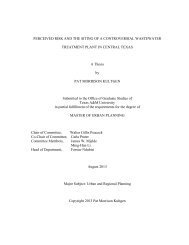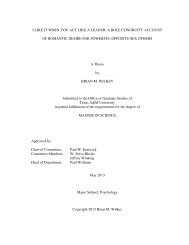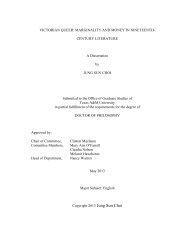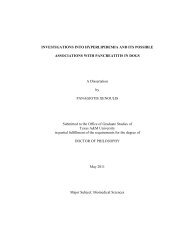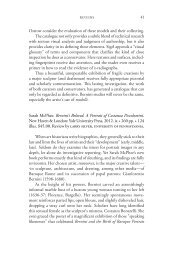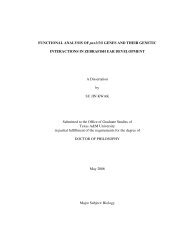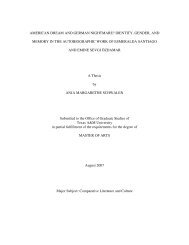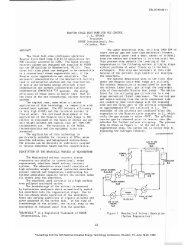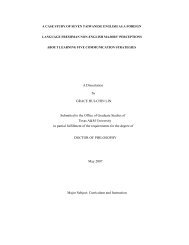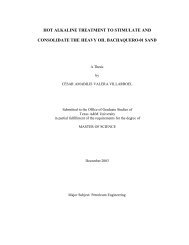THE EFFECT OF ETHICAL SIGNALS ON RECRUITMENT ...
THE EFFECT OF ETHICAL SIGNALS ON RECRUITMENT ...
THE EFFECT OF ETHICAL SIGNALS ON RECRUITMENT ...
Create successful ePaper yourself
Turn your PDF publications into a flip-book with our unique Google optimized e-Paper software.
enforcement) of ethical codes of conduct may be one way to accomplish this. However,<br />
codes of ethics will likely only influence the ethical and unethical behaviors of the<br />
employees if they are enforced (Trevino, 1986). These codes may be based on shared<br />
values of the members of the organization or on legal mandates (i.e., Sarbanes-Oxley).<br />
According to Baehr, Jones, & Nerad (1993), a code of ethics generally covers: “1)<br />
conflicts of interest; 2) relationships with customers, competitors, government<br />
authorities and employees; 3) high regard for company assets; and 4) use of good<br />
judgment” (p. 292). A highly ethical environment (characterized by enforced rules and<br />
regulations) has the capability of encouraging the expression of ethical values by<br />
employees and constraining the expression of unethical values. The culture of the<br />
organization can also assist in the moral development of the employees (Trevino, 1986).<br />
Organizations should foster a culture that encourages the learning and implementation of<br />
ethical values and behaviors (Sims, 1991). Finally, organizations that are clear and<br />
consistent with their ethical policies and practices will be most effective (Cullen et al.,<br />
1989).<br />
Ethical culture is more than just having a code of ethics. In fact, most<br />
organizations can boast of such, but they vary widely in the manner in which ethical<br />
codes or policies are implemented by the managers and other important figures in the<br />
organization (Weaver, Trevino, & Cochran, 1999). Some organizations proclaim ethical<br />
policies and procedures for symbolic purposes, but do not actually practice or enforce<br />
them among their employees (Weaver et al., 1999). Some skeptics even go as far as to<br />
say that formal ethics standards and procedures are “little more than a decorative plaque<br />
11



